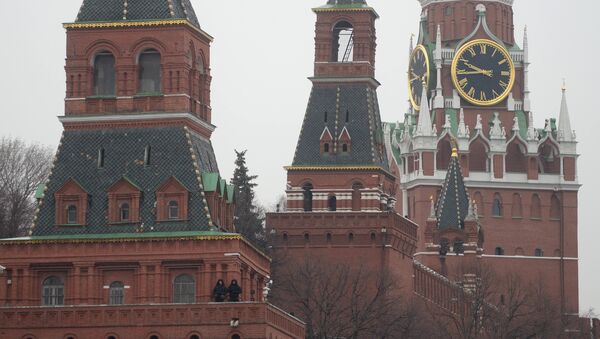A statement published on the Russian Foreign Ministry website said that Wednesday's decision to remove Russia's signature from the Rome Statute was based on the court's failure to justify the "hopes placed upon it," and its inability to "become a truly independent and authoritative judicial body," its work deemed inefficient and often one dimensional.
The Foreign Ministry also pointed out that in its fourteen years of operation, the ICC has issued only only four rulings, spending over a billion dollars in the process.
Commenting on the Kremlin's decision, presidential spokesman Dmitri Peskov explained that Russia's decision was dictated by "national interests."
But according to legal expert Vladimir Orshev, there is another aspect to Moscow's logic. Russia, he recalled, signed onto the Rome Statute, the document that serves as the basis for the ICC, in 2000, but never ratified it. Therefore, Wednesday's decision actually served as little more than 'closing the books' on Russia's involvement with the Court.
"If we are to talk about the effectiveness of this court, I would like to point out that [some major] countries, including China, India, Iran, and Israel, objected to the ICC in principle," Orshev added. "And the most ardent opponent was the United States," which signed the Rome Statute in 2002, but withdrew its signature in 2002.
Ultimately, the legal expert stressed that Russia's withdrawal from the ICC is not a question of its policy in relation to the observance of international law. "I want to remind you that Russia stood at the origins of the Nuremberg and Tokyo Tribunals, which served as the prototypes of the ICC," he noted. These bodies proved instrumental to the formation of international standards regarding war crimes, crimes against humanity, and genocide.
Ultimately, Orshev suggested that other countries should understand and respect Russia's decision. "Our position was set out in detail by the Foreign Ministry. Russia is a sovereign state and has a right to such a position, and other countries should take this position with respect and understanding," the legal expert concluded.





